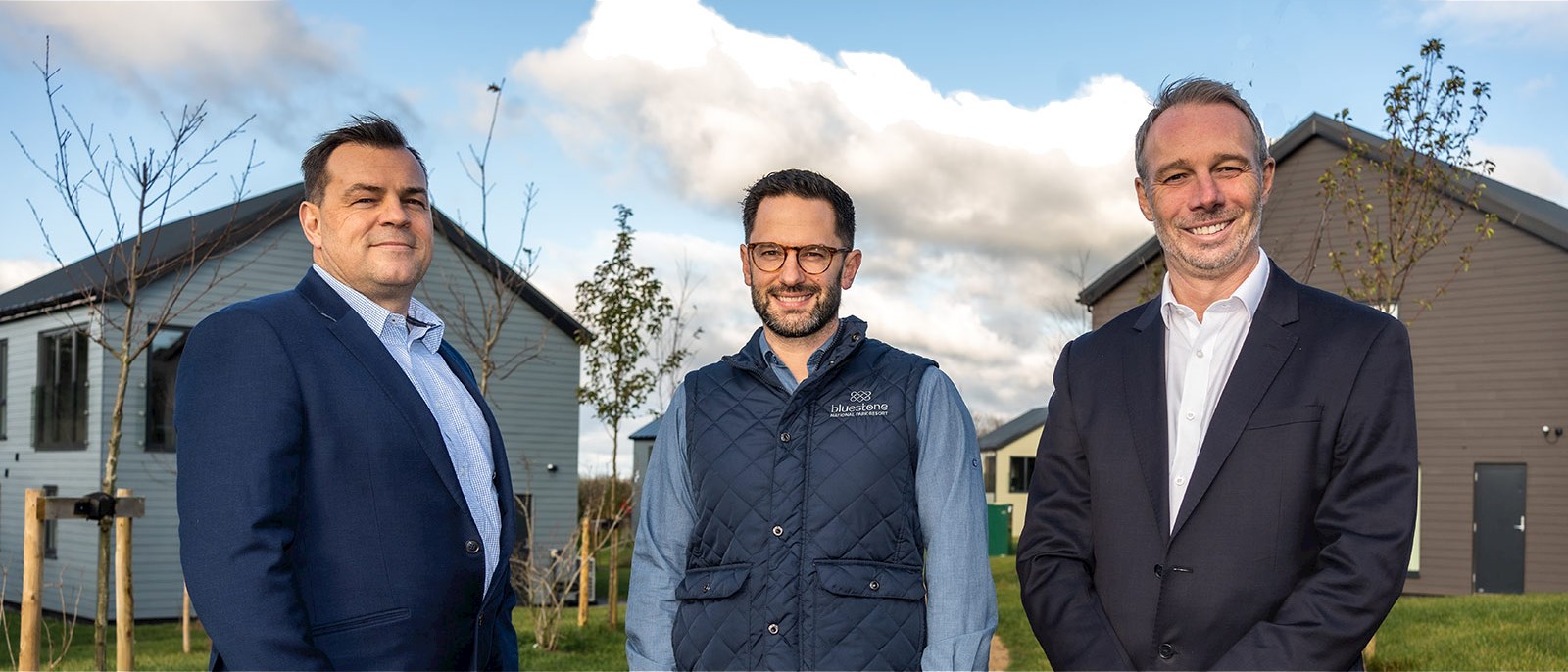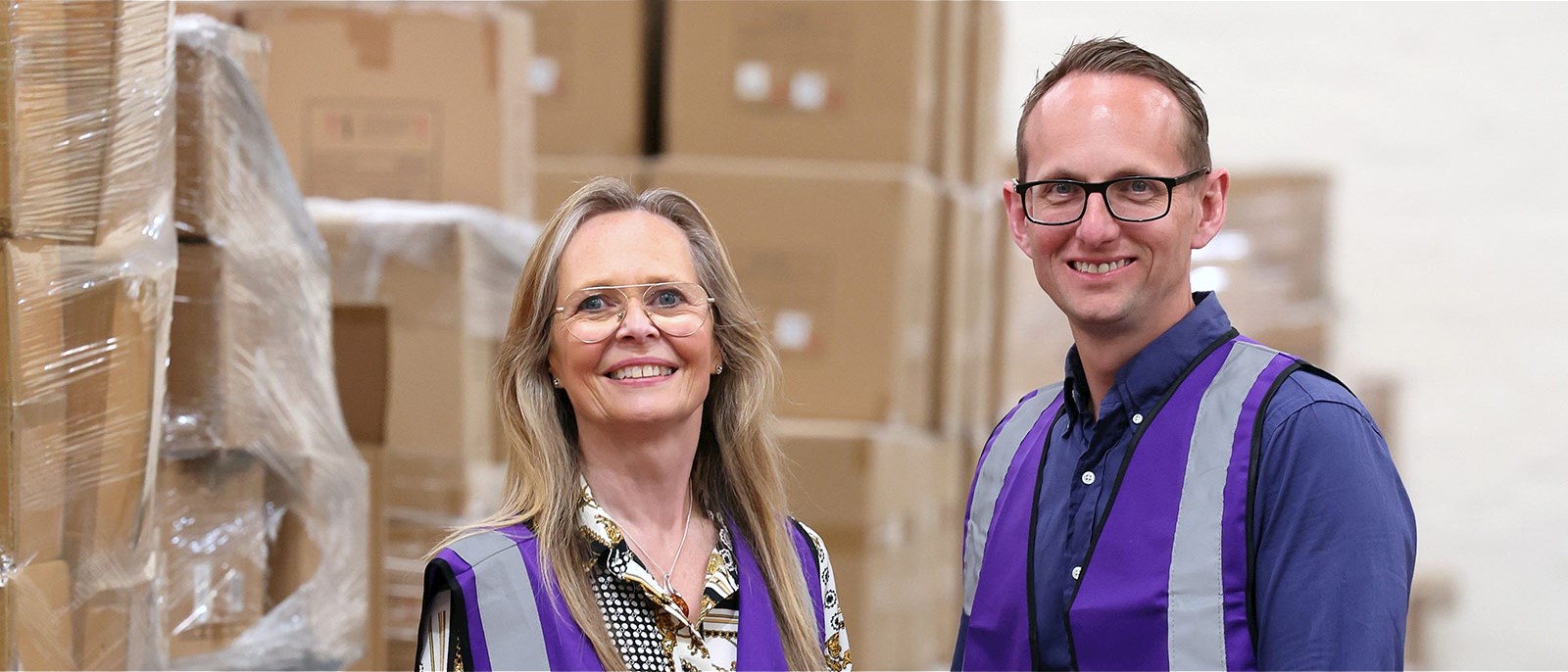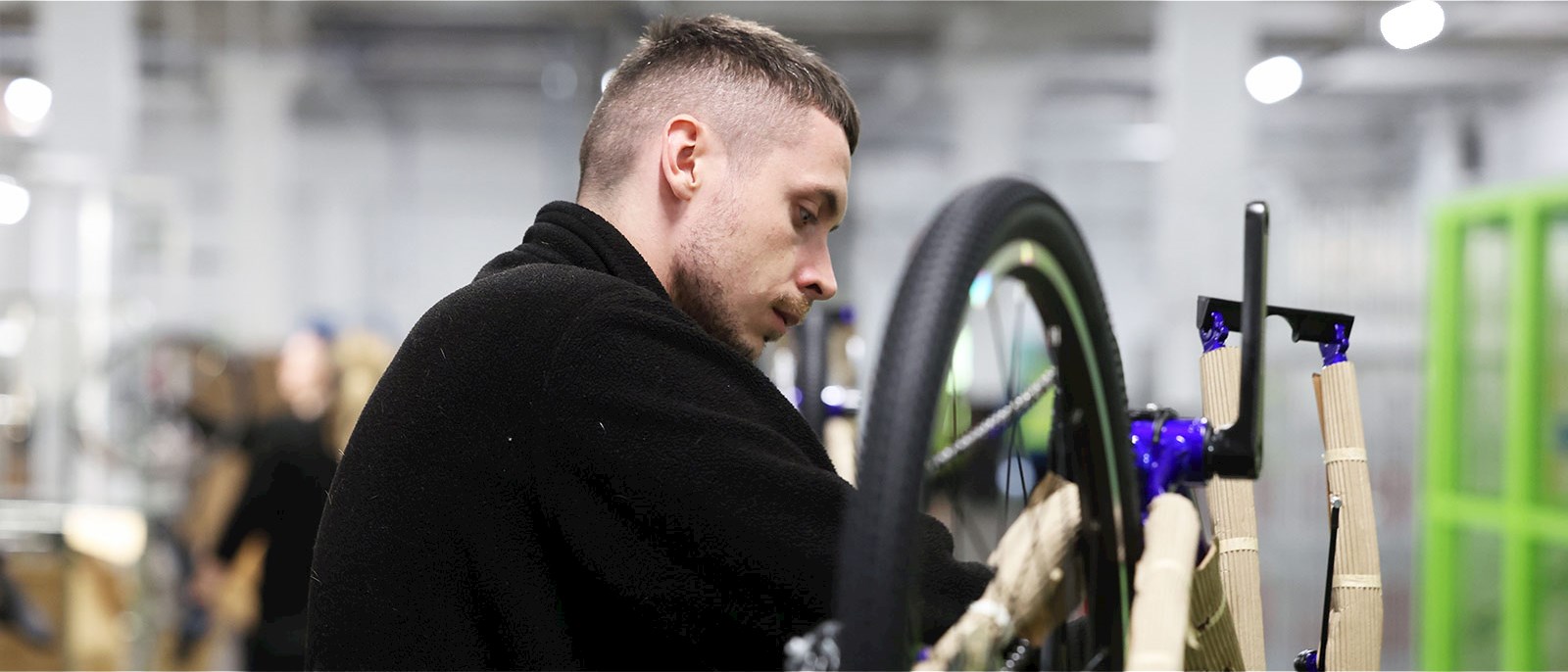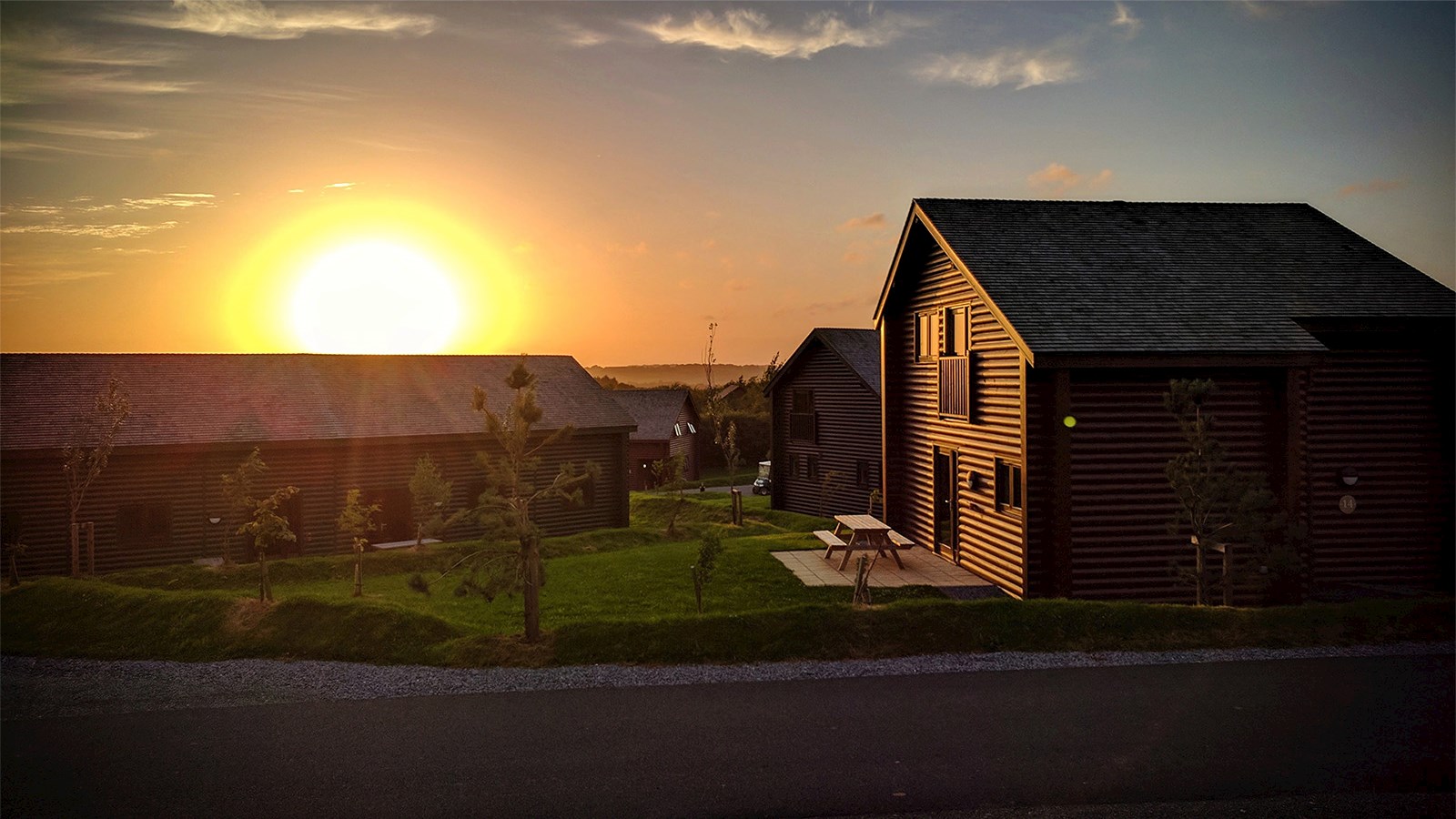With its Green Business Loan Scheme, the Development Bank of Wales is supporting businesses in the transition to net zero. The bank’s Nick Stork highlights the role of accountants in developing resilient business strategies.
At the Development Bank of Wales, our experience as a UK regional impact investor shows that the most successful businesses are those that take a holistic view of their social and environmental impacts. That is why our Green Business Loan Scheme was designed to provide practical support and investment for Welsh businesses, to help them address the energy and climate challenges they face.
Identifying and implementing sustainable practices can be daunting for some business owners – ‘a problem for another day’ – but the benefits of long-term investment planning are profound. There is evidence of improved efficiency and competitive advantage leading to productivity gains and growth. Likewise, by accounting for related risks within business operations earlier rather than later, businesses can reduce their impact and make the required adjustments.
Chartered accountants play a crucial role in businesses of all sizes as they embark on developing business plans to meet and align to societal goals such as net zero. From baselining carbon emissions to modelling the potential gains from energy-efficiency projects such as installing solar power and heat pumps, there are significant steps businesses can take to lower carbon emissions and these need to be costed and planned.
At the Development Bank, we’re working with businesses and accountants in Wales to demonstrate the value of funding models that are helping businesses to develop transition plans and lock in long-term benefits. We’re also proactively providing access to consultancy advice, including sustainability advisers at Business Wales, and encouraging more businesses to take this up. It’s this innovative combination of support that makes a real difference in the market and we’re looking forward to seeing more funders take this approach.
Green offering
We manage a range of funds that can provide debt and equity solutions to Welsh business up to £10m. These funds include the Welsh government-backed Green Business Loan Scheme (GBLS), which offers loans from £1,000 up to £1.5m. This fund has a discounted interest rate, 12-month capital repayment holiday and provides patient capital to support businesses undertaking energy-efficiency and decarbonisation projects.
The scheme also provides access to fully and part-funded consultancy support so the business can get the right guidance and input on its plan. Limited companies, sole traders or partnerships can apply for funding through the scheme, subject to being based in Wales and trading for at least two years with at least one set of filed annual accounts.
Typical projects that are eligible for funding through the GBLS include the replacement and management of low-carbon technology for heating, ventilation and air conditioning, the installation of building fabric improvements, and investment in renewable energy and projects that help to reduce waste and water usage.
As an impact investor with a social and environmental purpose, Wales’s potential is at the heart of our decision-making. As such we are a proud signatory of the Principles of Responsible Investment – the UN-supported list of six actions for incorporating ESG issues into investment practice.
We are committed to transparency and ensuring that our investments deliver their intended impacts. As you would expect, we carry out thorough internal and external due diligence as part of the application process, monitoring investment impact including CO2 reductions and cost savings along with the wider contribution to a green economy in Wales.
Nick Stork is a fund manager at the Development Bank of Wales. He has been with the bank for six years and was previously with Lloyds and HSBC. He is a fellow of ICAEW.

Bluestone resorts
Pembrokeshire, south west Wales
Barclays and the Development Bank of Wales awarded a syndicated facility to Bluestone Resorts (above) in January 2024 – the largest ever strategic funding deal for the Development Bank – which is a reflection of our commitment to working alongside high-street funders.
The total loan facility will enable Bluestone Resorts, which operates Bluestone National Park Resort in Pembrokeshire and employs 850 people, to continue with a major sustainable investment programme that is already under way, including the ongoing development of the resort and the development of a five-hectare solar farm that will generate 3.2 megawatts of electricity a year. The new solar farm is expected to provide up to 30% of Bluestone’s annual electricity usage.
William McNamara, Bluestone chief executive, said: “We’re working hard to create a more sustainable future for Pembrokeshire while reducing our carbon emissions. Our business performance extends beyond profits, and this investment is testament to our commitment to social and environmental responsibilities.”

Something Different
Swansea, south west Wales
Swansea-based giftware company Something Different (above) had a loan of £1.2m from the Green Business Loan Scheme to install 2,200 solar panels on its 158,000 square foot warehouse.
Jane Wallace-Jones, Something Different chief executive, said: “We’re committed to supporting the social, economic and environmental wellbeing of our community. The support from the Development Bank of Wales allows us to achieve our first milestone on the journey, as we continuously look for ways to build a greener future.”

Frog Bikes
Pontypool, south Wales
A £150,000 loan from the Green Business Loan Scheme to children’s bike manufacturer Frog Bikes (above) was provided to help it gear up for the production of frames and forks at its factory in Pontypool, reducing carbon emissions.
The investment in 25% recycled aluminium will save an estimated 5.8kg of CO2 per bike because less CO2 per kg is used in the recycling process. Initial product testing also shows it is stronger than new aluminium.
Jerry Lawson, chief executive of Frog, said: “We are committed to producing our bikes in an environmentally conscious way, so we are continually working to integrate sustainability into each aspect of the business. It’s an ongoing process but we’ve made good progress by removing single-use plastic from our packaging, improving the design of our bikes to reduce the materials required and using renewable energy at our factory and office.
“Our aim is to further reduce the CO2 emissions from each bike that we produce by replacing the aluminium with 100% recycled aluminium. We would be one of the first bike manufacturers in the world to go this way but we need investment to make it happen. The loan from the Development Bank of Wales is enabling us to move at a pace that we couldn’t achieve on our own.”
In 2016, Frog Bikes brought its manufacturing to Wales from China, so that it could improve quality and lead times. It also reduced the CO2 produced by importing bikes.

